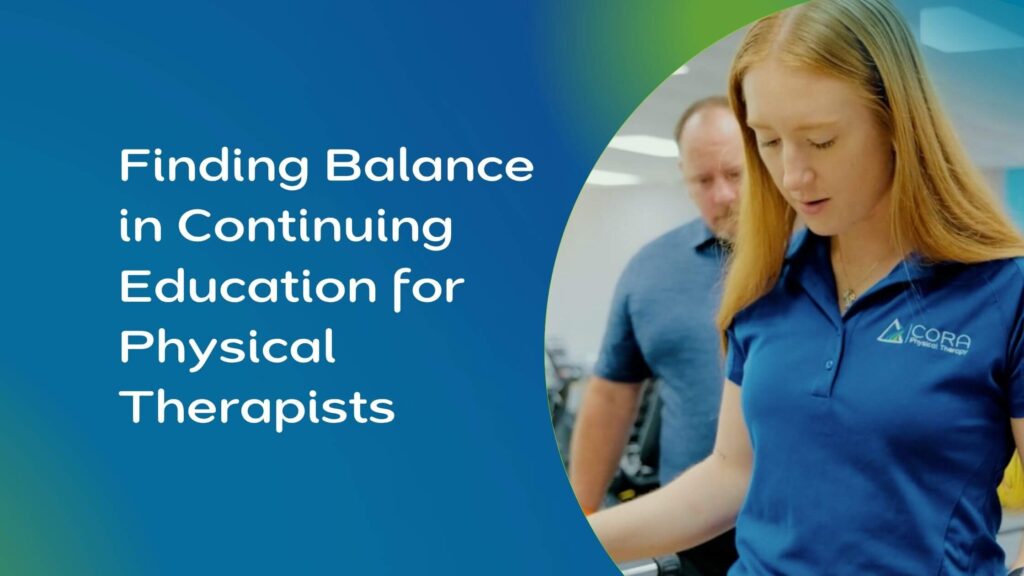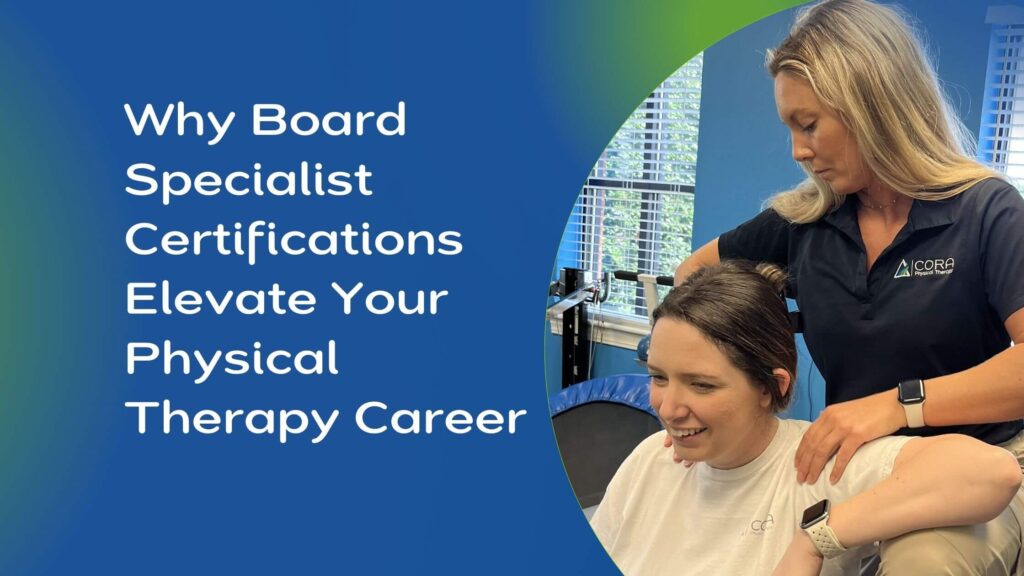At CORA, we know that having an amputation does not define you. It is only part of who you are. You are not an amputee. You are a person with an amputation—one of the approximately 185,000 Americans who lose a limb every year. Our experienced and compassionate therapists are here to help you move on from the trauma to live healthy, independent lives.
Amputation care at CORA is provided in multiple stages including: the perioperative phase (the time before and after surgery), the pre-prosthetic phase, the prosthetic training phase, and the phase known as “lifelong care.” We focus on the following during the different phases of rehab:
- Pain Management
- Desensitization to help modify how tender an area is to clothing, pressure, or touch
- Mirror therapy and/or graded motor imagery
- Manual therapy, which may include “hands-on” treatments such as soft tissue mobilization, joint manipulation, or gentle range-of-motion exercises to improve circulation and joint motion
- Residual limb management, including skin care and sock use
- Contracture prevention – inhibiting the shortening and hardening of muscles, tendons, or other tissue that can lead to rigidity and even deformity
- Edema management
- Scar tissue management
- Strengthening vital muscle groups
- Focusing on integrative physiological wellbeing
- Learning exercises specifically designed for limb loss and prosthetic wear
- Prosthetic gait training including progress towards walking with a cane or walking without assistive devices to work towards independent living
- Returning to work and sport training
By 2050, a 3.6 million people will be living with limb loss. CORA will be here with cutting-edge treatment.




